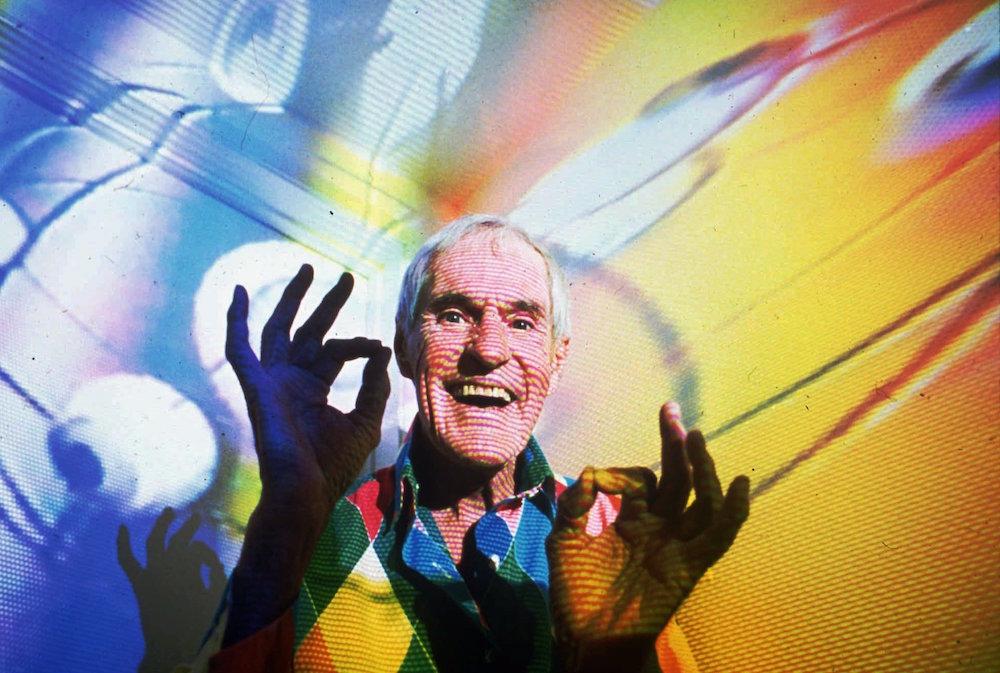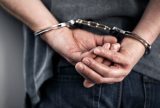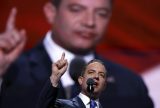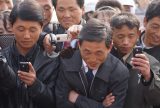Long Before It Was Groovy, LSD Was a Medicine and a Weapon
How the Positive Side of Psychedelic Drugs Got Lost in the Mayhem of the 1960s
In the fall of 1965, a 33-year-old father of three named Arthur King—a patient in the alcoholics ward at Baltimore’s Spring Grove Hospital—swallowed an LSD pill and lay back on his bed in a special unit called “Cottage Thirteen.” Sanford Unger, the chief of psychosocial research at the Maryland State Psychiatric Research Center, knelt beside King’s bed, holding his hand and reassuring the patient as he started to feel the drug’s mind-altering effects.
This was not a normal psychotherapy session. During his 12-hour experience, designed to help stop his destructive …










